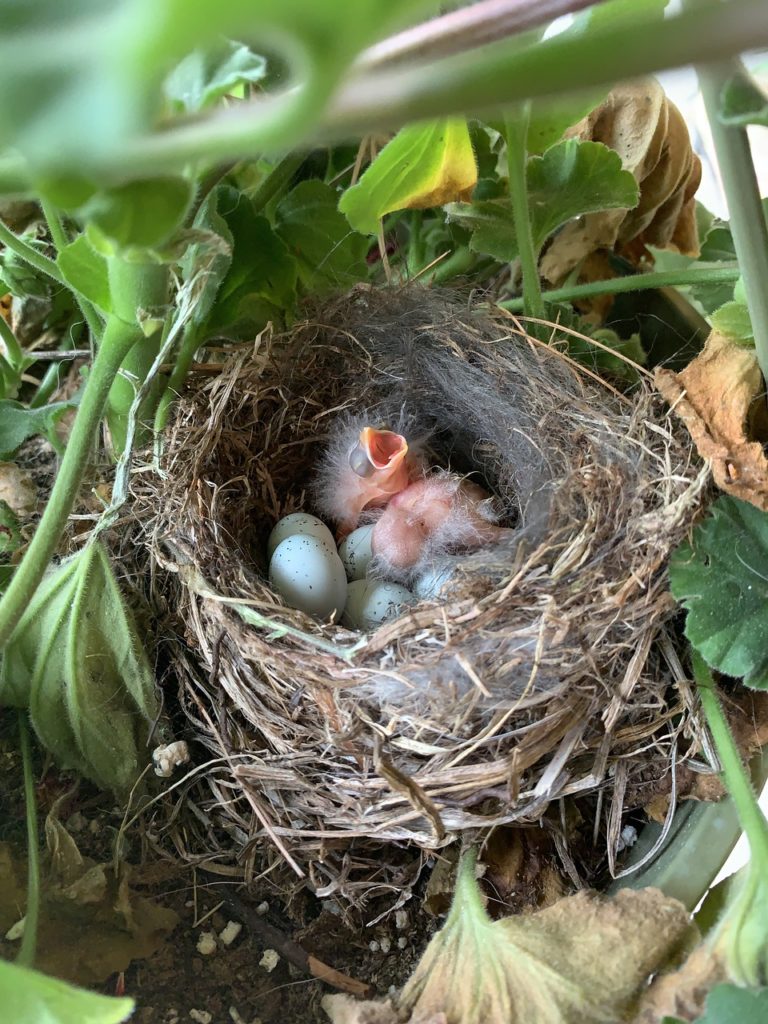We are wired to cling. Touch a newborn’s palm, and tiny fingers will curl around yours. With every timid or confident step, we hold on tight–to something.
As I write this post, many of us wait in self-quarantine as COVID-19 ravages the planet. In this new normal, habits change, priorities reset, and a fresh set of verbs dominate conversations. Shelter, distance, avoid, wash, wipe down, hoard, steal, price-gouge, blame, panic, pray….
Looking for somewhere to cling
For all battered by failed promises, drenched by negative forecasts, and afloat with fatigue and fear, I offer you the third verb of our Alphabet of Life: Cling.
Almost 2,000 years ago, the Apostle Paul unfolded a pattern for hope in the midst of any storm:
Hate what is evil:
cling to what is good.
These words from Romans 12:9 come alive in the original Greek. Let’s take a look:
Hate
The Greek word apostugeo means: to abhor, loathe, detest utterly. We are commanded to hate! Is this horrifying to you, or welcome permission? Keep reading…
Evil
The Greek word, poneros, is commonly translated: evil, or bad, but literally means “pain-ridden”— for misery always follows when evil has its way. The Greek language has other words for evil, but this word refers not so much to malevolence, as worthlessness. In the New Testament (references are cited below), poneros is used to describe:
- A tree bearing only bad fruit.
- A servant, shown astonishing, undeserved mercy by his master, then refusing to extend even a hint of mercy to another.
- A servant, entrusted with investing his master’s treasure, instead buries his gifts in cowardly fear.
- Christians favoring the rich and powerful, and dishonoring the poor.
- People preferring darkness over light, for fear their [worthless, pain-bringing] deeds will be exposed.
- Leaders encouraging selfish ambition, disorder, lies, slander, envy, boasting, and financial greed.
What do all six examples have in common?
- All deny their true vocation and design.
- Each increases the world’s suffering instead of promoting healing and joy.
- Together they embody the lie that God is a worthless, cruel, stingy, corrupt, and greedy tyrant–no different from us.
So, if you love God, you will also loathe and utterly reject evil in yourself, and in others. God offers no middle ground for ambivalence. A familiar line in Lord’s Prayer could translate, “deliver us from all that is worthless” (Matt 6:13). Pray it often! And renounce your own worthless ways. But we are still only half way…
Cling
The Greek, kollao means: to join, hold fast, cleave to, be “super-glued” to. Cling is the opposite of hate. This is important, for most of us find it easier to cling to our hatred instead. God commands us to turn from evil, and grab hold of something else…
Good
The word, agathos can be translated good, useful, sound, serviceable, beneficial, correct, gentle, brave, capable. agathos is the opposite of poneros. Good is everything evil can never be.
Because only God is truly good (Luke 18:19), all goodness originates from him. Therefore, as we live out his “very good” design for us, we will bless and benefit the world.
But, when we submit to an alternate pattern, to our fear-driven, self-serving, (and so worthless) impulses, we become agents of pain and suffering instead.
O God, give us new hearts, transform our thinking, cure our blindness so we will cling to your goodness:
- bees hovering near a fruit tree in blossom,
- birds singing to a golden dawn,
- whales breaching through clear, clean water.
In other words, all of creation joyfully obeying the Creator’s intended design. Will you join in?
When fear comes knocking…
- Keep your radar alert to all that is cruel and pointless–don’t close your eyes in indifference or fear. Confess and grieve your own complicity. But don’t make your home there. Instead…
- Cling with all your strength, focus all your attention on the goodness of God, reflected in the world he created and loves. And then…
- Choose a life of worth and blessing. Determine each day to be a gentle, brave, capable, useful, conduit of true goodness, in every way you are able.
As poet Thomas Chisholm urged, one hundred years ago, “Join with all nature in manifold witness to God’s great faithfulness, mercy and love.”
Where do you see evidence of true goodness around you today? I’d love to hear your stories!
*Matthew 7:17; 18:32-33; 25:14-30, James 2:1-7, John 3:19-20, 1 Timothy 6:4-10
Thanks for joining us here! You can subscribe to this series by scrolling to the very bottom of this page. Next time in our series, Alphabet of Life: Delight


